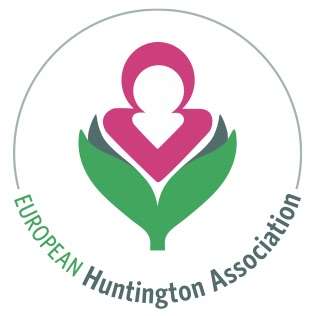The European Huntington’s Disease Network (EHDN) Newsletter appears three times a year. This year’s second edition is dedicated to the impact of Covid-19: the problems it has created but also the adaptability and the positive trends.
In the newsletter, you can learn more about telemedicine. Here, Alzbeta Mühlbäck, our own doctor, states:
– Though we would have preferred never to have known Covid-19, it has provided us with a golden opportunity to develop high-quality telemedicine for the future and to establish the infrastructure that will improve care in under- served regions of Europe.
Different perspectives
Moreover, the issue provides different perspectives on the pandemic’s impact: one from a family’s view and one from a doctor’s view.
Cristina Ferreira has a mother in the late stage of the disease progression:

– My first concern, at the beginning of the crisis, was to isolate her as quickly and effectively as possible. Next I had to obtain her medication and other items necessary to ensure her comfort for the coming months.
However, she thinks telemedicine holds huge promise for patients like her mother:
– Because it removes the need for physical displacement and can actually make consultations more efficient.
Today, going to the hospital in Lisbon is complicated and expensive:
– Taking my mother to the hospital involves complicated logistics, high cost – around 100 euros a trip – and is physically tiring for her.
Hugh Rickards at the National Centre for Mental Health in UK says their clinical team has developed a more proactive approach:
– We’ve done this in order to keep as many of them [Huntington’s disease patients] as possible out of hospital, and this has meant organising video or phone consultations with the families, with the help of our local specialist Huntington’s advisor.
Research & Trials
Clinical trials have been significantly affected by the Covid-19 pandemic. Research labs had to close partially or completely during lockdown. However, many Huntington’s disease studies have continued to make progress during Covid-19:
– The Roche studies of tominersen (previously known as RG6042) continue, with recruitment into the Generation HD1 trial recently completed. WAVE Life Sciences’ PRECISION HD1 and HD2 studies, and associated open-label extension studies, continue. The University of Düsseldorf’s HD-DBS trial has temporarily paused recruitment for safety reasons, during the pandemic, but continues to support sites to maintain safety follow-up assessments of recruited participants. Triplet Therapeutics’ SHIELD HD natural history study has started recruiting at a small number of sites, with the first participant screened in May. Additional sites will be added as local conditions and guidance allow, says Jenny Townhill and Tim McLean.
